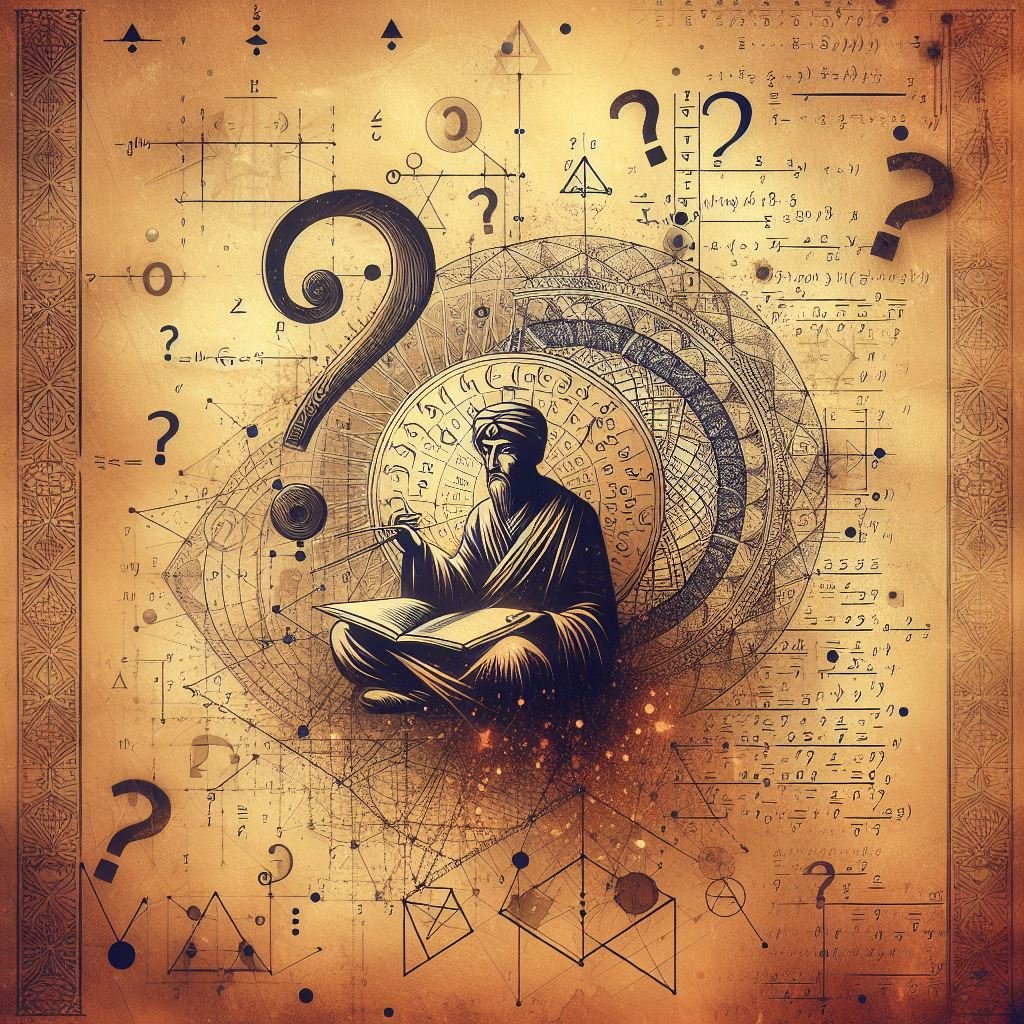The Cultural Roots of Zero in Hinduism
1 comment
The concept of zero, a numeral that signifies the absence of quantity, is not just a mathematical placeholder but a philosophical and cultural symbol with deep roots in Hindu culture. The invention of zero was a monumental leap in the history of mathematics, one that enabled the development of calculus, physics, engineering, and much of modern technology. But to understand the significance of zero, we must delve into the cultural and religious context from which it emerged.

The Philosophical Concept of Emptiness
Hinduism, along with Buddhism, embraces the concept of nothingness as part of its teachings. This philosophical openness to the idea of emptiness is reflected in practices such as meditation and yoga, which aim to clear the mind of thoughts and impressions. The ancient Indian mathematicians and astronomers, Aryabhata and Brahmagupta, who are popularly credited with formalizing the concept of zero, were likely influenced by these religious and philosophical ideas.
The Gwalior Inscription: A Historical Marker
The earliest known example of zero as a written digit is found in the Chaturbhuj Temple within the Gwalior Fort in India. Dating back to the 9th century, this inscription includes the number '270', where '0' is clearly used as a digit. This physical evidence of zero's use in India underscores the region's pivotal role in the numeral's development.
Zero and the Bakhshali Manuscript
Another significant artifact in the history of zero is the Bakhshali manuscript, which dates back to as early as the 3rd to 4th century. This manuscript, discovered near modern-day Peshawar, Pakistan, features a dot symbolizing zero and demonstrates the use of all ten decimal digits, including zero. It is believed to have been used by Buddhist merchants for trading purposes.
The Journey of Zero from East to West
The concept of zero traveled from India to the Arab world through trade and scholarship. The works of Indian scholars like Brahmagupta were translated by Arab mathematicians, which eventually led to the introduction of zero to the Western world. This numeral, once a philosophical concept, became a practical tool that transformed mathematics and science.
Conclusion
The invention of zero is a testament to the profound impact of Hindu culture on the world. It exemplifies how a philosophical concept can evolve into a scientific principle that shapes the very foundation of modern civilization. The story of zero is not just about a numeral; it's about the cultural and intellectual journey that led to its creation and its enduring legacy across the globe.
Comments